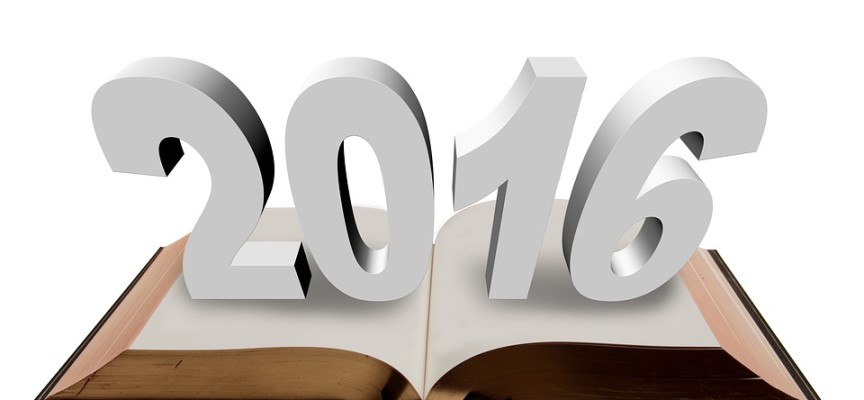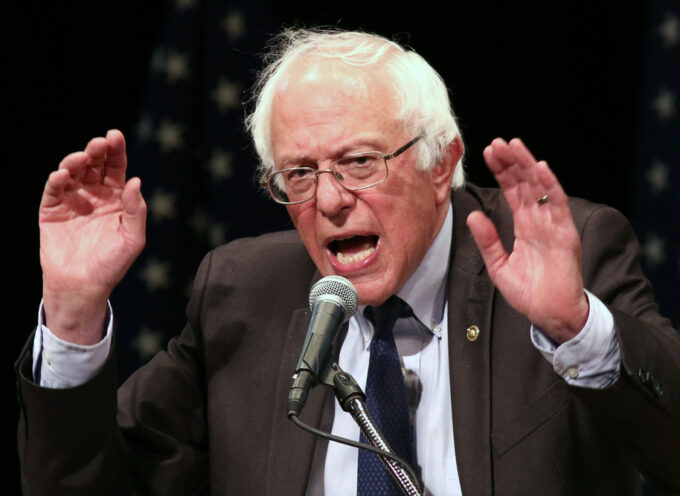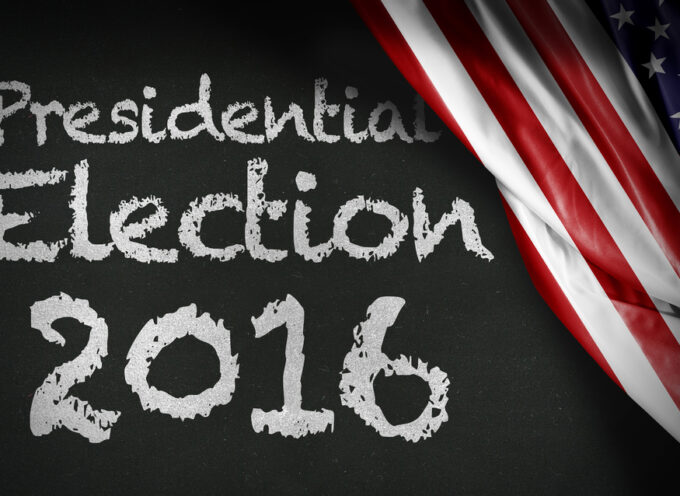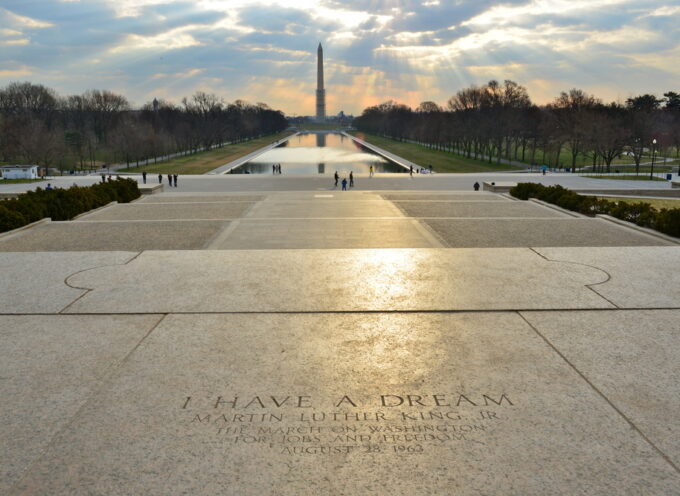Here are seven recently-written books I recommend to political junkies. (I offer them as temporary shelter from the avalanche of current event stories and political opinion pieces rumbling down from the heights occupied by the NYT, WSJ, CNN, Fox News, Huffington Post, and Daily Caller; as the type of books that will challenge us and deepen us as we relate our Christian faith to American politics and public life.) I will describe each book and then rank its level of difficulty on a scale of 1-5, with 5 being the most difficult. A Level 1 book is one you could give to any friend or family member. A Level 5 book is one that would be required in a PhD seminar.
- Os Guinness, Impossible People. Os Guinness gives proof once again that he is incorrigibly wise and perceptive. In the past few years, he’s written Fool’s Talk (urging Christians to recover the lost art of persuasion) and Renaissance (showing the power of the gospel to speak to dark times). Now he’s published Impossible People, a fine little book that (a) analyzes and evaluates social, cultural, and political trends in our day, especially as they relate to Christianity; and (b) encourages the church to be God’s “impossible people,” a people with “hearts that can melt with compassion, but with faces like flint and backbones of steel who are umanipulable, unbribable, undeterrable and unclubbable, without ever losing the gentleness, the mercy, the grace and the compassion of our Lord.” 236 pp. Level 3.
- Jonathan Leeman, Political Church. This book is for readers who like their coffee strong. Leeman rejects modernity’s separation of religion and politics into discrete realms, arguing that the local church is a profoundly political assembly, an embassy of Christ the King. He explores the nature of Christ’s rule and the manner of its expression in our era between Christ’s two comings. (Warning: if you think that the story of the world finds its destiny in the rise of democratic modernism, you will hate this book. But, on the other hand, if you think it finds its destiny in the resurrection…) 403 pages. Level 4.5.
- Yoram Hazony, God and Politics in Esther. A commentary on Esther written by an Israeli philosopher, Bible scholar, and political theorist. Hazony draws upon Esther to show how a persecuted people of faith can become strong even in their weakness, function as a prophetic minority in a plural society, have faith even when God is hidden, and practice their religion even under an authoritarian leader. (If, at this point in the description, you do not find this book relevant, I give up.) 262 pp. Level 3.5.
- John Inazu, Confident Pluralism. Inazu, an associate professor of law and political science at Washington University of St. Louis, argues that Americans should embrace a “confident pluralism” that allows citizens to live peaceably together despite entrenched differences. In his words, “Confident pluralism allows genuine difference to coexist without suppressing or minimizing our firmly held convictions.” Inazu’s vision is remarkably similar to theological proposals for principled pluralism (e.g. Mouw, Neuhaus, Kuyper), but articulated from the mind of a lawyer and political scientist. PhD-level thinking mediated into intermediate-level writing. (He puts the cookies on the lower shelf.) 168 pp. Level 3.5.
- Yuval Levin, The Fractured Republic. Levin, a former White House and Congressional staffer, provides a lucid and compelling treatise on how our fractured republic can unite once again. We must refuse the temptation toward nostalgia (nostalgic remedies are unhelpful and even dangerous) in order to carve out a path for the future, a path that must include the revitalizing of society’s “middle layers.” Many a conservative commentator has argued for the revitalization of our mediating institutions, but nobody has done so as persuasively as Levin. (He’s like a C.S. Lewis, only for politics instead of theology.) Though he is a conservative, his proposal does not presuppose a conservative readership, and he resists the temptation to misrepresent or demonize those with whom he disagrees. 262 pp. Level 3.
- R. R. Reno, Resurrecting the Idea of a Christian Society. Reno, editor of First Things magazine and a prince of a guy, argues that secular liberalism harms society by dividing it into those with cultural and economic power and those who are dysfunctional and dependent on that power. Without Christianity, America’s “underclass” will continue to grow, government’s scope and power will expand steadily, and humane values that we take for granted will no longer be compelling for most Americans. The book sets forth a sobering analysis but gives readers hope and calls us to courage and action. Christian hope. 215 pp. Level 3.
- Anthony Bradley, Black and Tired. OK, I cheated. This book was written in 2011 (not 2016, like the others), but its relevance has only increased. Bradley, professor of religion, theology, and ethics at King’s College in NYC, is a wickedly keen cultural commentator who brings theology to life by showing its relevance to a number of issues in the modern world, such as race, politics, and globalization. Razor sharp analysis, brief chapters, lucid sentences. 145 pp. Level 2.5.
Of course, I would not be offended if you read my recently published One Nation Under God: A Christian Hope for American Politics, co-authored with Chris Pappalardo. In the book, we provide a brief biblical theology of politics, show how evangelical Christians can be public witnesses for Christ as a minority group in the midst of an increasingly diverse nation, and address specific policy issues: life and death, marriage and sexuality, economics and wealth, the environment, race relations, immigration, and war. 160 pages. Level 2.5.
Subscribe
Never miss a post! Have all new posts delivered straight to your inbox.







